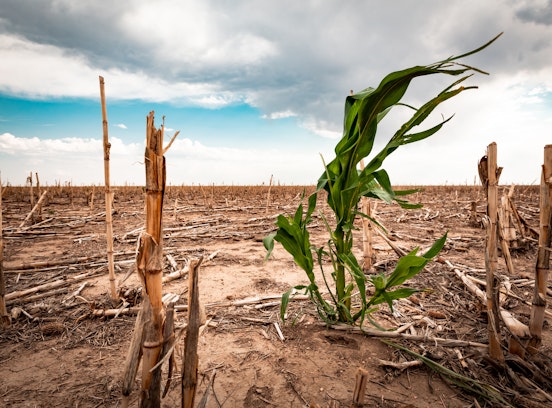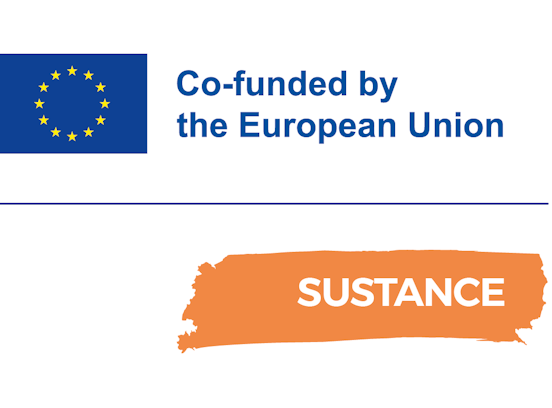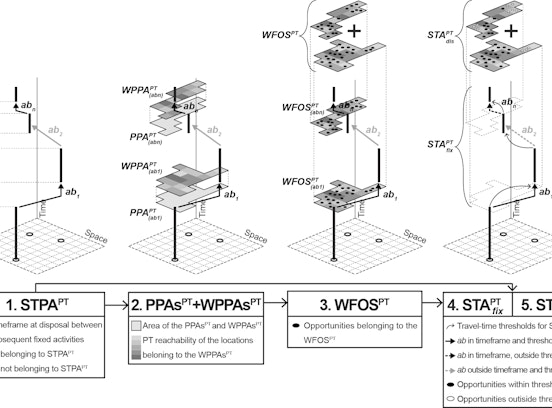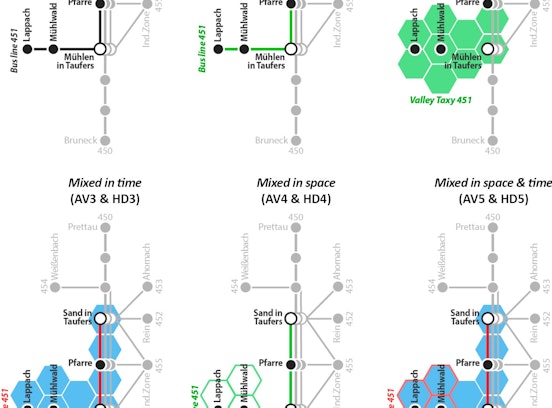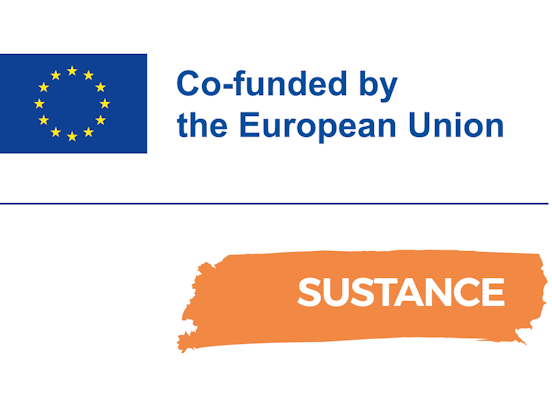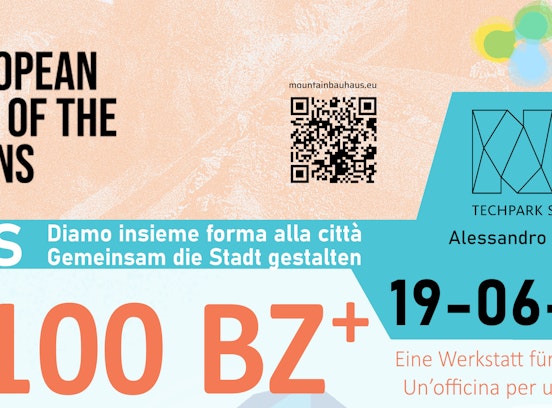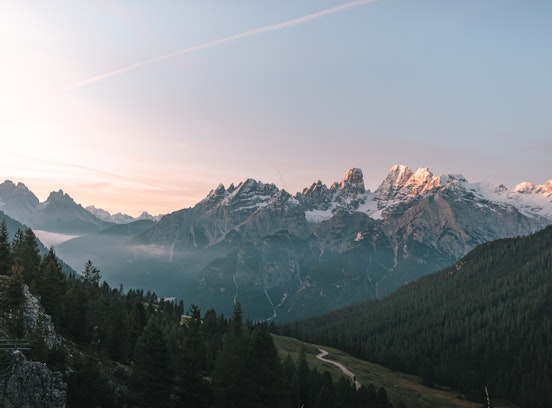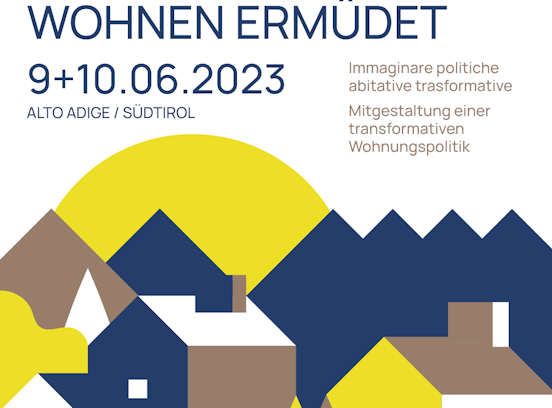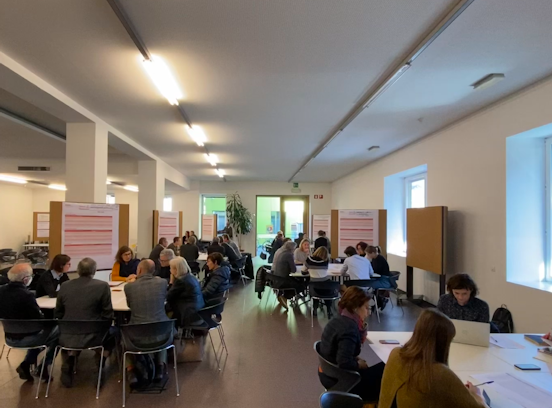Institute for Regional Development - News & Events - IRFGT - The 8th International Research Forum on Guided Tours
IRFGT - The 8th International Research Forum on Guided Tours
Charting the Future of Guided Tours: Regional Development, Education, Sustainability, and the Next Generation
- English
- Date: 28-30.05.2024
- Place: Eurac Research, Drususallee 1/Viale Druso 1, 39100 - Bolzano/Bozen
- Info:
About the IRFGT
For the 8th time, the International Research Forum on Guided Tours (IRFGT) acts as exchange platform for academic researchers, practitioners, associations, and other stakeholders. They convene to discuss the state of art, challenges, opportunities, as well as future development perspectives of tour guiding worldwide.
At the center of this year’s forum are the topics regional development, education, sustainability, and the next generation to address the questions:
- How can guided tours contribute to the sustainable development of a region?
- Which education and training required to prepare tour guides for the future?
- Which perspectives for the next generation of tour guides?
The IRFGT was founded in 2009 by a Swedish research group at Halmstad University and has since been held on a regular basis to bring together people and perspectives within the scope of Guided Tours. The IRFGT was last held in 2021 in Ankara (online), 2019 in Malta, 2017 in Denmark, 2015 in Portugal, 2013 in the Netherlands, and 2011 in Great Britain.
On Guided Tours
Guided tours open doors to the hidden, the unknown, the new, or shed a different light on the already familiar. During a guided tour, people get to know a monument, neighborhood, region, or a nature area thanks to the extensive knowledge and interpretation skills of a tour guide. Guides convey history, presence, traditions as well as innovations, and provide insights into the daily life of a visited area.
Tour guides are important knowledge and experience brokers, who can contribute to the sustainable development of a region’s tourism industry. They are expected to respond to customers ever more individually, to build bridges between visitors and locals, to skillfully guide participants through busy cities, to locations, and other points of interest.
Tour guides meet increasingly knowledgeable tour participants and score points here in particular with specific local and regional knowledge. To do so, they must be appropriately trained and undergo continuous further education, which is regulated differently around the world.
Tour guides need to be sensitized to sustainable tourism. They should be enabled to develop skills to point out environmentally conscious behavior to participants in a contemporary manner, to draw attention to problem situations and challenges at a visited location, to explain the social structure of a visited location. On the other hand, the tour guiding branche needs to observe current tourism trends, make the case for adequate remuneration systems, which can help recruiting the next generation of tour guides.
About Eurac Research and the IRFGT
Eurac Research was founded as a private research center in 1992 to address issues in language and law, alpine environment, minorities, and autonomy, that were at the time of pressing scientific interest in the Autonomous Province of Bolzano-South Tyrol. Over the years, the scope of research expanded to include management and corporate culture, genetic medicine, and renewable energy.
The Institute for Regional Development at Eurac Research collaborates locally and internationally to build resilient communities, to increase environmentally friendly mindsets, and to keep mountain areas vital places to live and work.
Tourism has a long tradition in South Tyrol in the Italian Alps so that different guide profiles developed over the years. Every year, roughly 8 million people visit South Tyrol and spend around 34 million nights in the area. As about 250 tour guides and managers guide up to 500,000 people through South Tyrol’s cities, villages, and mountains per year, the topic has become a matter of interest to the Institute for Regional Development with the aim to better understand and explore trends and perspectives of this activity in the region.
Programme and speaker information
The programme is preliminary and will be regularly updated.
Keynote Speakers
Evelyne Dengler-Mahé
Austria Guides for Future and Translator
Patrick Mathon
Director Lyon City Trek
Important dates
01.12.23-31.01.24 - Call for Abstracts
by 01.03.24 - Notification to Authors
01.04.-07.05.24 - Regular registration
- Participants from countries that are listed on the DAC list of ODA recipients.
- Members of the guide associations located in the Euregio Nordtirol, Südtirol, Trentino (Austriaguides, Verband der Fremdenführer und Reiseleiter Südtirols VFRS, Associazione Guide e Accompagnatori Turistici del Trentino).
Registration information

Eurac Research and Surroundings - how to reach us
Eurac Research is located in Bolzano, close to the city center. It is easily reachable by walk or bike, or, if necessary, by public transport.
Miguel Brito, Estoril Higher Institute for Tourism and Hotel Studies
Cristina Carvalho, Estoril Higher Institute for Tourism and Hotel Studies
Bálint Kádár, Budapest University of Technology and Economics
Reidar J. Mykletun, University of Stavanger
Thomas Streifeneder, Institute for Regional Development of Eurac Research
Miriam Weiß, Institute for Regional Development of Eurac Research (Coordination)
